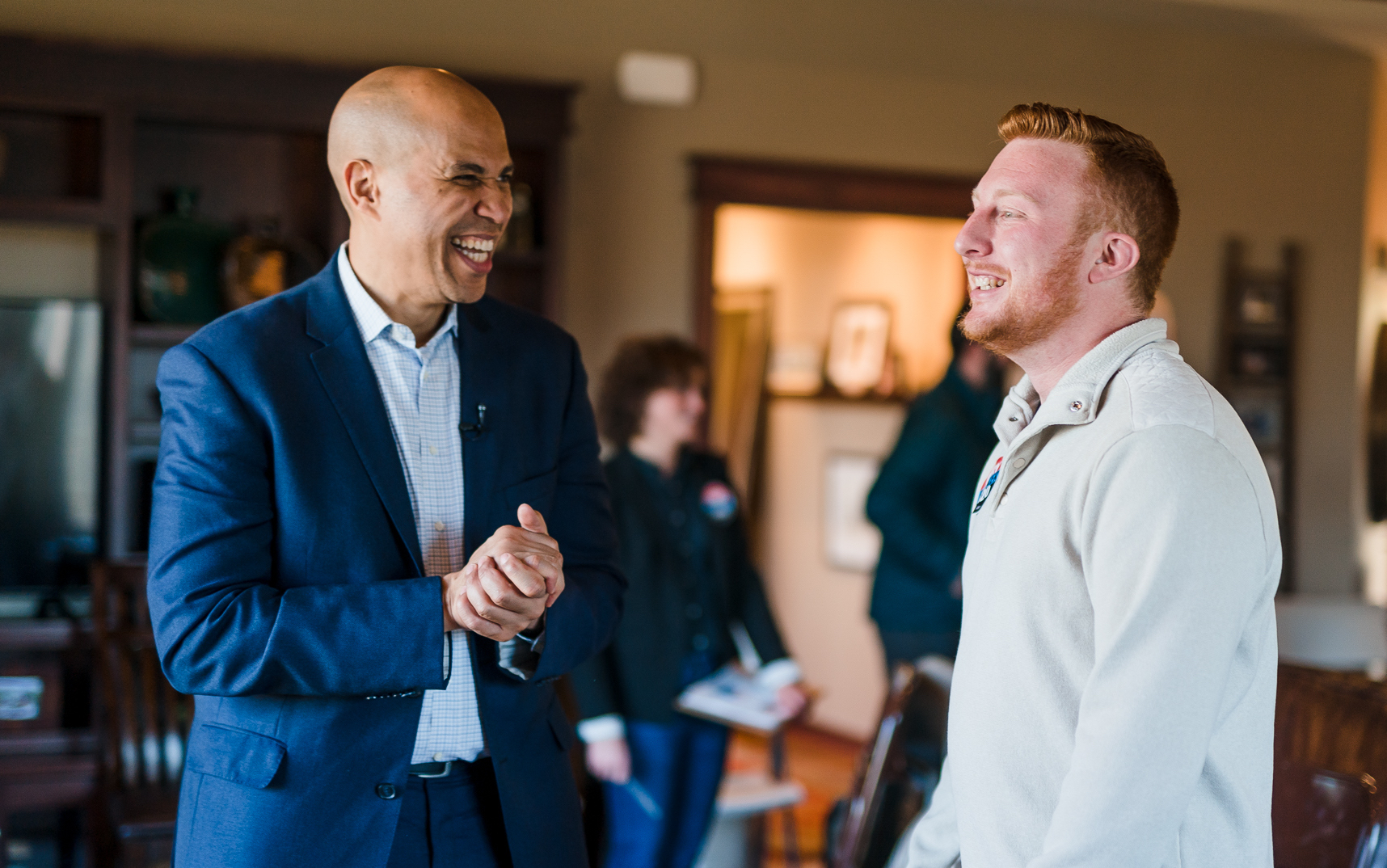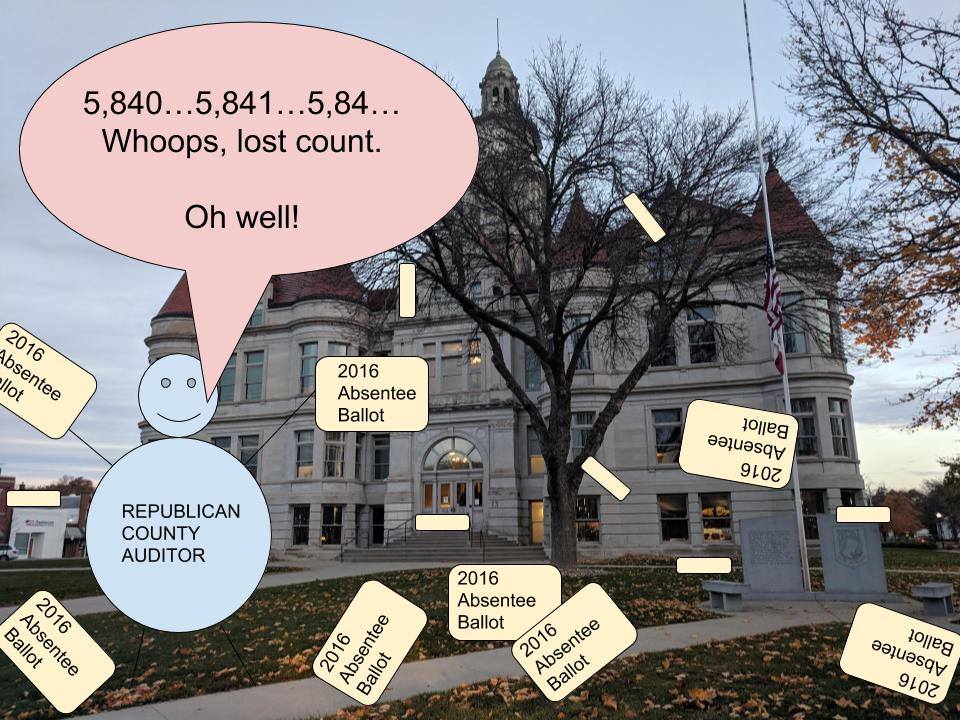cross-posted at La Vida Locavore
The Iowa legislature and state agencies have notoriously failed to do anything to address the pollution problems stemming from confined-animal feeding operations (CAFOs).
But the Environmental Protection Commission took one small step in the right direction:
The state Environmental Protection Commission today rejected previously approved permits for two large hog confinements in Dallas County.
The surprise move came after a two-hour meeting in Urbandale at which commissioners said rules drawn up to dictate approval of large-scale confinement permits leave out important environmental considerations and neighbors’ quality-of-life concerns.
“There are battle lines being drawn on this, and it creates a political situation that the Legislature cannot ignore,” commission chairman Henry Marquard said.
Only a handful of permits have been denied in Iowa, but rarely has one been turned down after it met approval from the Department of Natural Resources and passed a complicated scoring system adopted by counties, including Dallas.
The nine-member commission voted to block these permits on a strong 6-2 vote. I wouldn’t be surprised if the matter ends up in court, however.
Noneed4thneed wrote about the controversy over the new Dallas County CAFOs in late July:
The proposed hog confinements would have a total of 7,440 hogs in rural Dallas County, which is the fastest growing county in the state. These confinements will produce as much waste as a town of 30,000 people and it will go untreated.
Earlier this month, Dallas County Supervisors voted against allowing these proposed hog confinements, but in reality there isn’t much the local people can do about the hog confinements that will be owned by the out of state company, Cargill.
We need federal legislation to make CAFOs pay for the harm they cause, because our state legislature has shown itself to be unwilling to act to protect air and water quality in Iowa.
But in the absence of federal action, a state law giving counties “local control” (agricultural zoning rights) would at least offer some protection. Some county supervisors would rubber-stamp every proposed CAFO, but others would follow the lead of the Dallas County supervisors.
For all I know, Cargill will sue to reinstate their permits to open these hog confinements. But however this story ends, it’s good to see the majority of the Environmental Protection Commission’s members doing something to protect the environment.
UPDATE: I learned from the online newsletter of Iowa Citizens for Community Improvement that the Iowa Department of Natural Resources recently denied a permit for a different proposed CAFO.
Because of the efforts of CCI members and other local residents, the DNR recently denied a 4,900-head hog factory proposed for southern Appanoose County. The permit application did not meet legal requirements, nor did their master matrix pass muster. Although the applicant for this proposed confinement is a local resident, the 4,900 hogs would have been owned by Cargill. Cargill, one of the largest privately-held corporations in the world, has been behind a number of proposed factory farms around the state, including two proposed 7,440-head hog factories in northwest Dallas County.
Continue Reading...



8:31 PM--Destiny appears to be losing badly, track the news over at Iowa Independent.
7:57 PM--Bumped back up to the top for discussion as the polls start to close. - promoted by Chris Woods)